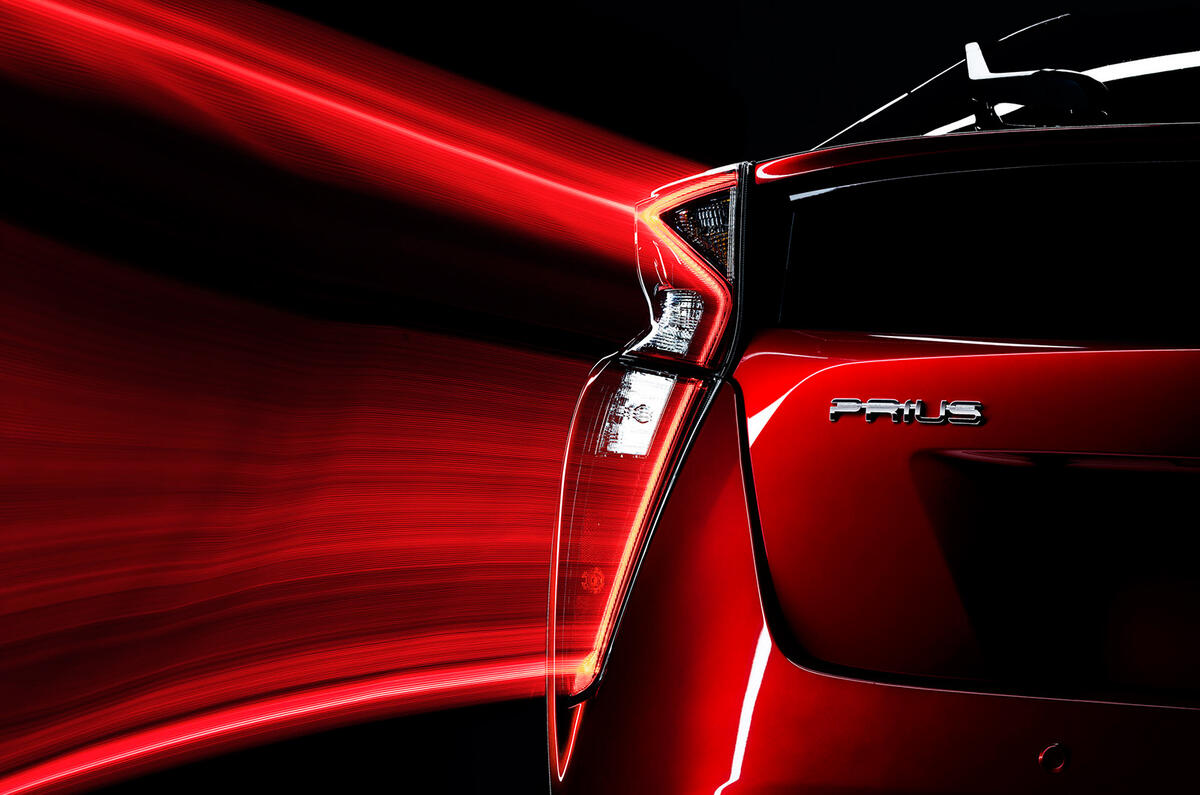Scanning the list of new production cars and concept to be unveiled at tomorrow's Tokyo Motor Show reminds me how targeted, how strategically sophisticated Japan's motor industry is today. Only the rumoured Mazda rotary-engined concept is big news among sports cars. The rest of the action seems to be in autonomous, connected, crossover areas.
This canny industry, underpinned by big domestic sales, is brilliant at finding completely new, exceptionally solid market propositions, not minding if they're neither premium nor sporty. Two prime examples: the Toyota Prius family (seven million sales) and the Nissan Leaf family, early examples of which are seen all over town here and which - we hear - is due to expand into a range at last.
It's all a heavy contrast with my first Tokyo Show - might have been 1982 - at which one of the Japanese produced a kind of modernised Jaguar lookalike concept which seems a fair bit better than the Jags we were building (and a very few people were buying) at home at the time. I remember those of us who care about the local industry being frightened rigid by this concept - and Euro-centric stuff from other makers that seemed to be going for our jugular.
But what we missed was any realisation that if the Japanese had put this 'Jaguar' into production, with all the costs it would have entailed, and harvested every single world Jaguar XJ sale - and added 50% - they still wouldn't have been making 50,000 cars, a hopelessly uneconomic number. So of course, it was never in any danger of happening. Instead, they picked vastly bigger, vastly more sustainable targets. Which is where they are now.
Read more Tokyo motor show news
Get the latest car news, reviews and galleries from Autocar direct to your inbox every week. Enter your email address below:










Add your comment